|
Students in Georgia Tech's interdisciplinary MS in Human-Computer Interaction program do multiple group class projects, and a capstone individual project. Some projects are presented as part of other labs listed here; others are showcased in the MS-HCI Project Lab. 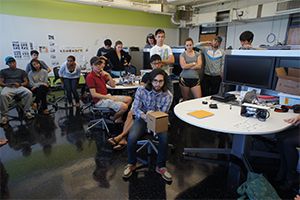 |
The Participatory Publics Lab is a group of researchers concerned with community engagement and design. We are part of the Digital Media program in the School of Literature, Media, and Communication at Georgia Tech. 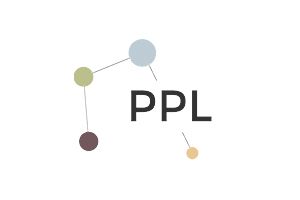 |
The Partnership for Inclusive Innovation believes new ideas come from anywhere and everywhere, but that the opportunity to innovate has not been shared equally. |
Pixi Lab researchers are exploring the boundaries between interaction and infrastructure with the goal of creating technology that is not simply usable, but also useful.  |
|
Located in the School of Psychology at the Georgia Institute of Technology, the Problem Solving and Educational Technology (PSET) Lab brings together a diverse group of faculty and students interested in an equally diverse range of topics. Students in the PSET Lab, under the direction of Dr.  |
The Prototyping eNarrative Lab (PeN Lab) at Georgia Tech applies digital information design and interaction design principles to digital storytelling to create more complex and expressive narratives, focusing on emergi 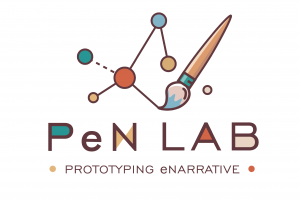 |
The Public Design Workshop is pedagogical structure created to explore new ways to teach, learn, and do social design within the university.  |
|
|
The Reflect! Lab develops technologies that support self-correcting reasoning and reflective deliberation in teams. 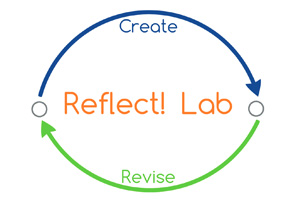 |
The Georgia Tech Research Network Operations Center (GT-RNOC) exists to accelerate innovation in networking, computing, mobility and convergence by enabling communities of collaboration. 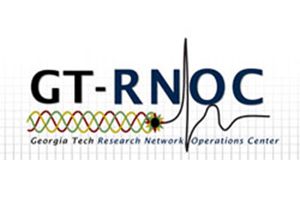 |
The Robotic Musicianship group aims to facilitate meaningful musical interactions between humans and machines, leading to novel musical experiences and outcomes. |
The Shape Computation Lab explores how the visual nature of shape can be formally implemented with new software technologies to assist seeing and doing in design in profoundly new ways.  |
|
We evaluate existing research, conduct our own research, test proposed solutions in simulated medical environments, and translate those solutions for broad applications. |
The SocWeB Lab's mission is to develop novel computational techniques, and technologies powered by these techniques, to responsibly and ethically employ social media in quantifying, understanding, and improving our mental health and well-being.  |
The vision of our research is to enable robots to function in dynamic human environments by allowing them to flexibly adapt their skill set via learning interactions with end-users. 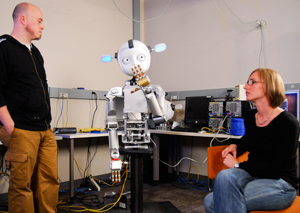 |


